About The KZN Crane Foundation
The KwaZulu-Natal Crane Foundation (KZNCF) is a non-profit, Public Benefit Organisation (No.18/11/13459) dedicated to the conservation of South Africa's crane species and their habitats. Established in 1989 in response to the dramatic decline in KwaZulu-Natal's crane populations, we have been at the forefront of crane conservation for over three decades.
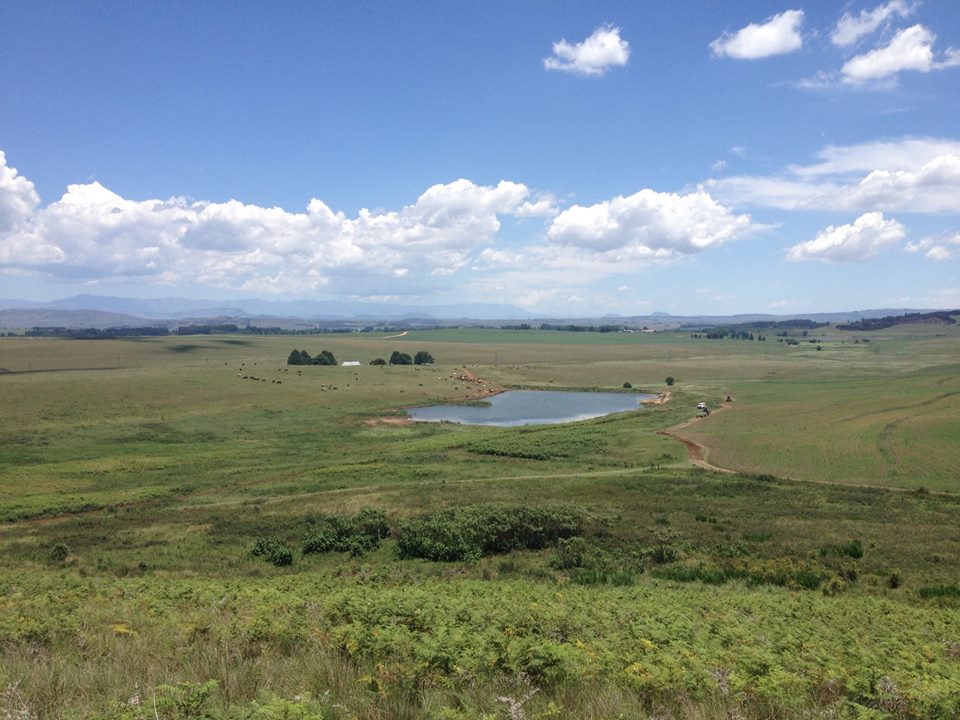
The organisation is based at the Usher Conservation Centre, which is located in the Bill Barnes Crane and Oribi Nature reserve, near Nottingham road.
Our funding derives entirely from donations by conservation-minded organisations and individuals and subscriptions from our members.
Our committee is made up of individuals with a love of cranes and the natural world, and who give their time in an effort to help conserve South Africa's three Crane species and the habitats that support them.
Collaborating to conserve cranes, oribi, and their grassland habitats, fostering biodiversity and sustainability for future generations.
OUR VISION
As Cranes and Oribi are indicator species of the biodiversity of the Grassland Biome, the KZN Crane Foundation collaborates with farmers, educational institutions, conservation organisations and the public to educate about the state of these species, conserve natural habitats and promote the benefits of protecting the species and their habitats in order to improve sustainable wild populations.
To achieve these ends we have developed a conservation strategy based on creating awareness, supporting research, and habitat preservation. These key areas are the focus of our work.
Our Conservation And Support Services
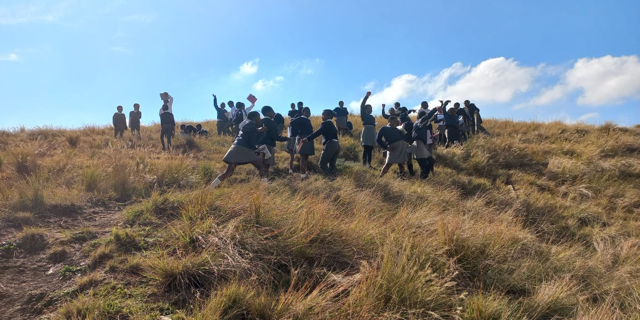
Nature Based Education & Experiences
Inspiring the next generation of conservationists through hands-on learning and unforgettable encounters with nature.
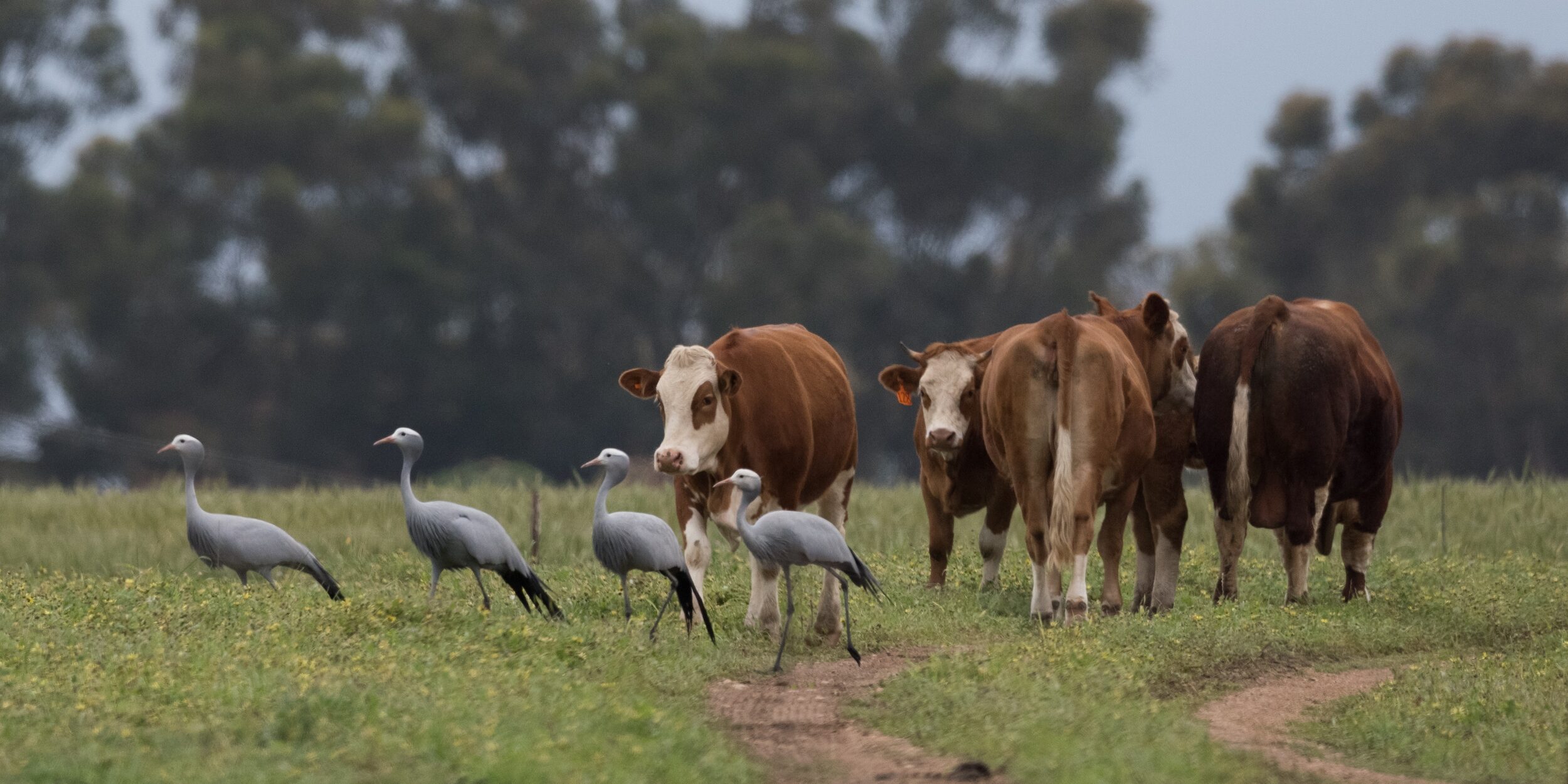
Farming for Biodiversity
Partnering with farmers to implement practices that support both agriculture and wildlife conservation.
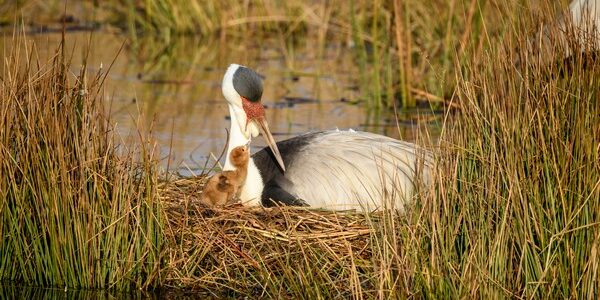
Species Protection Advocacy
Championing policies and practices that ensure a sustainable future for cranes, oribi, and their habitats through collaboration with conservation organisations.
Our Motivation
Without these elegant, iconic birds, our world would be a poorer place and unless we take action to ensure their survival, it is quite possible that they will vanish from the wild and the legacy that we will leave to future generations will be lesser than that which we inherited. But our endevour is not only about the Cranes, it is also about their habitat, because cranes are a very visible indicator species. If they disappear, how many other, less noticeable, plants and animals will have gone with them?
For the KZN Crane Foundation, our members, our sponsors, donors and partners, a fundamental question, in the face of plummeting crane populations, has been ‘Can we reverse this trend and save the cranes?’. To answer this and other important questions, see these articles.
Why our Cranes are Disappearing
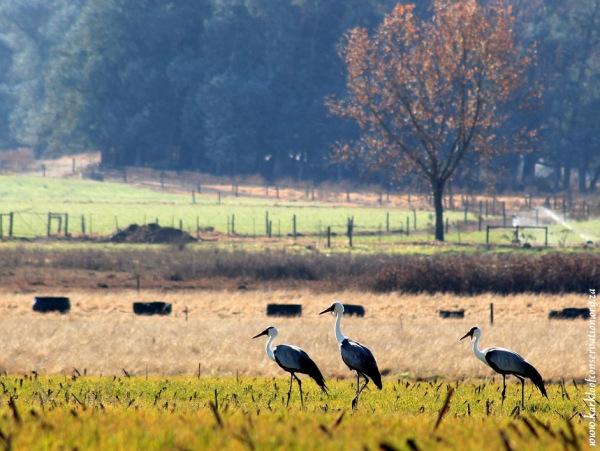
Cranes in South Africa are disappearing due to habitat loss from agricultural expansion, urbanization, and industrial development. The transformation of grasslands, power line hazards, and pesticide poisoning further endanger these birds. As their habitats span private farmlands, their survival relies heavily on sustainable land management practices by landowners.
Is Our Cause Winnable?
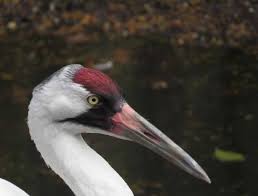
Cranes are facing alarming population declines, but conservation success stories offer hope. The KZN Crane Foundation believes reversing this trend is possible. From Britain’s Great Crane Project to North America’s Whooping Crane recovery and South Africa’s Wattled Crane efforts, these inspiring initiatives show that saving cranes is an achievable goal.
Why Cranes?
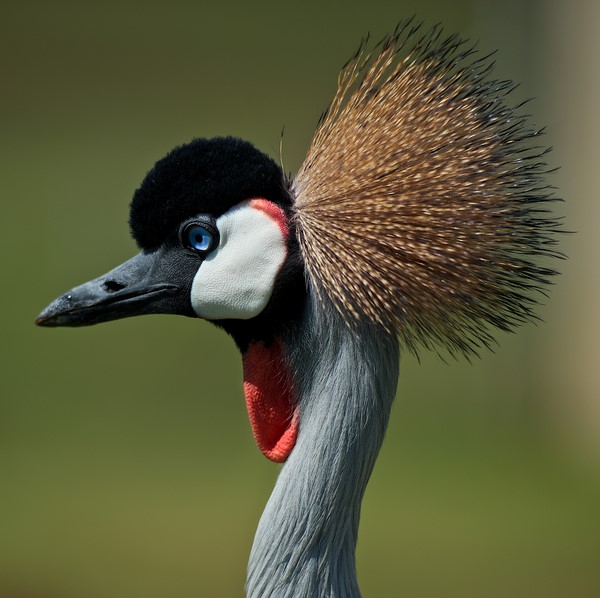
Cranes, ancient symbols of beauty and wisdom, are vital indicators of ecosystem health in South Africa’s wetlands and grasslands. Their presence reflects the wellbeing of these habitats. As climate change and habitat loss threaten them, protecting cranes is crucial for preserving biodiversity and water security.
